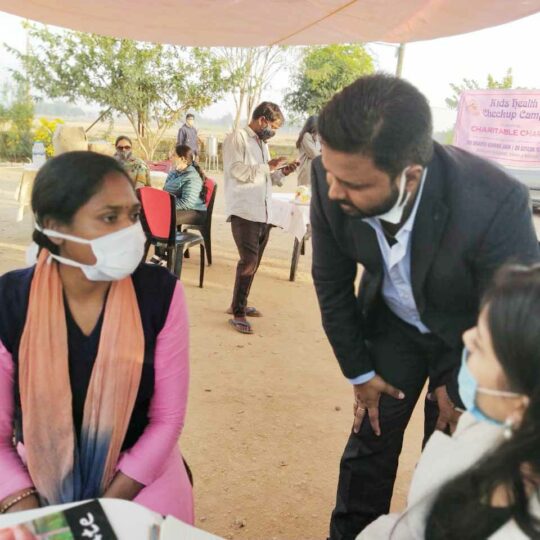All Departments
Emergency Cases
+91 9693493036Opening Hours
- Saturday - Monday: 10:00 am - 7:30 pm

Woman Mental Health
Gender is a critical determinant of mental health and mental illness. The patterns of psychological distress and psychiatric disorder among women are different from those seen among men. Women have a higher mean level of internalizing disorders while men show a higher mean level of externalizing disorders. Gender differences occur particularly in the rates of common mental disorders wherein women predominate. Differences between genders have been reported in the age of onset of symptoms, clinical features, frequency of psychotic symptoms, course, social adjustment, and long-term outcome of severe mental disorders. Women who abuse alcohol or drugs are more likely to attribute their drinking to a traumatic event or a stressor and are more likely to have been sexually or physically abused than other women. Girls from nuclear families and women who married at a very young age are at a higher risk for attempted suicide and self-harm. Social factors and gender-specific factors determine the prevalence and course of mental disorders in female sufferers. Low attendance in hospital settings is partly explained by the lack of availability of resources for women. Around two-thirds of married women in India were victims of domestic violence. Concerted efforts at social, political, economic, and legal levels can bring change in the lives of Indian women and contribute to the improvement of the mental health of these women.
● Pre-menstrual dysphoric syndrome
● Post-Traumatic Stress Disorder
● Adjustment Issues
● Chronic Pain and Headache
● Pre and Post Natal Counselling and Treatment
● Post-Partum Depression and Psychosis


